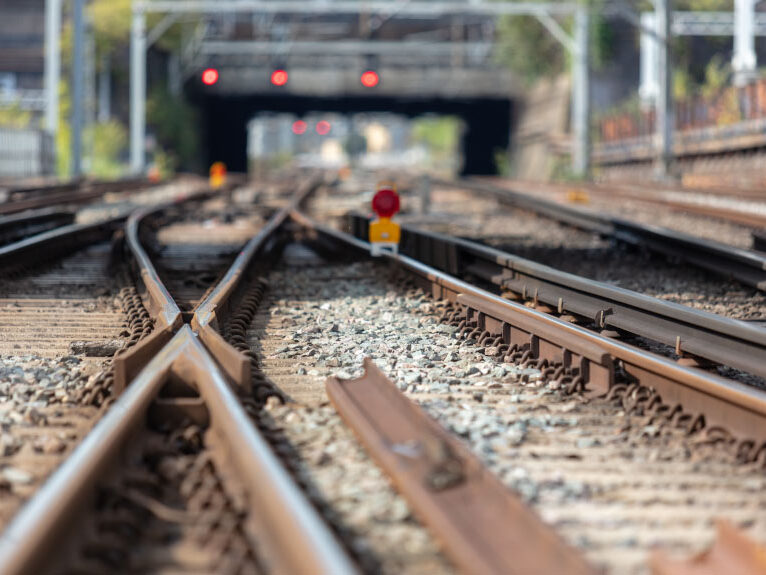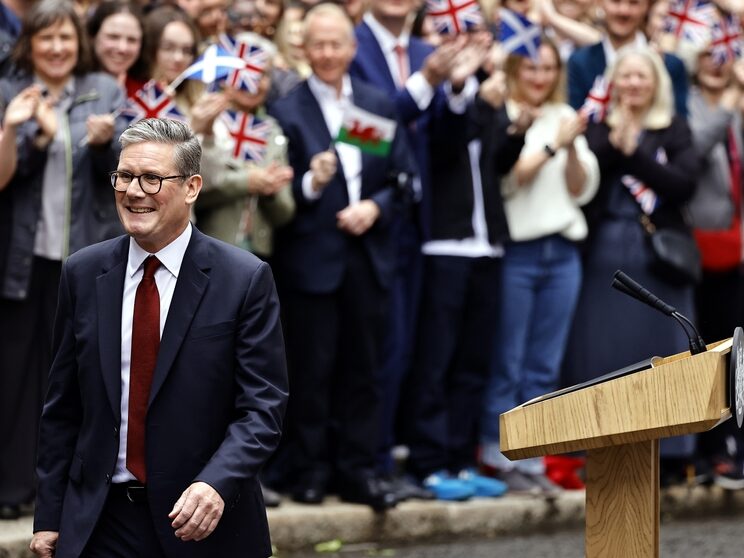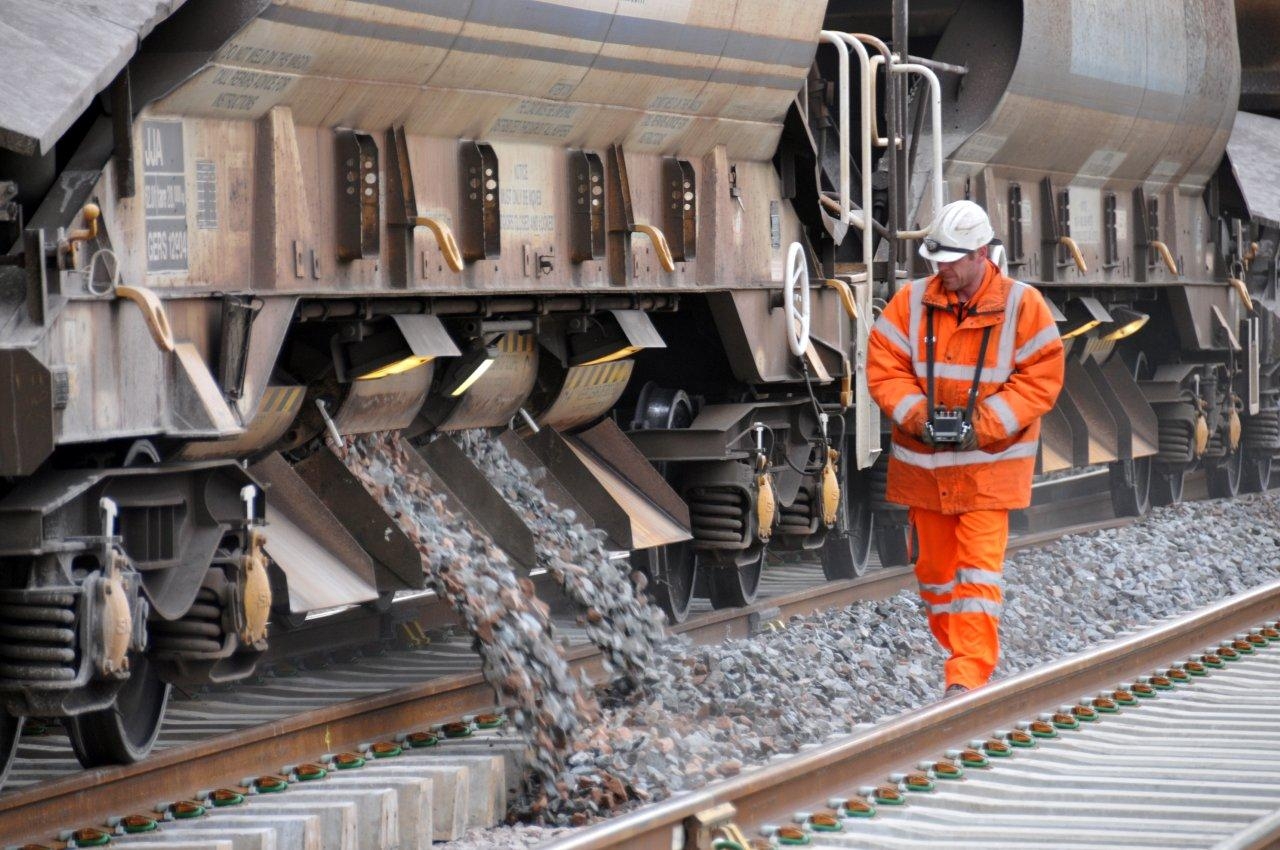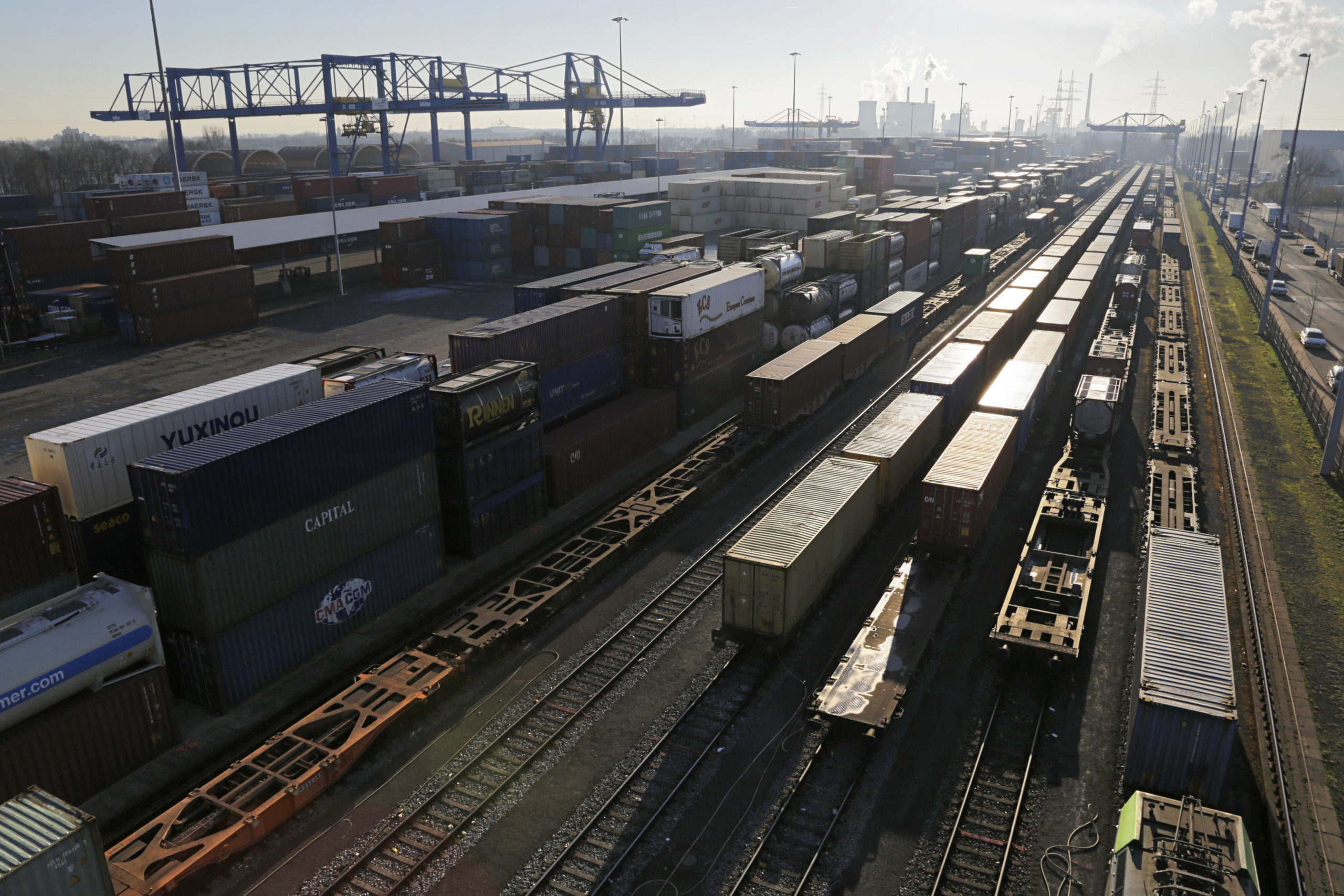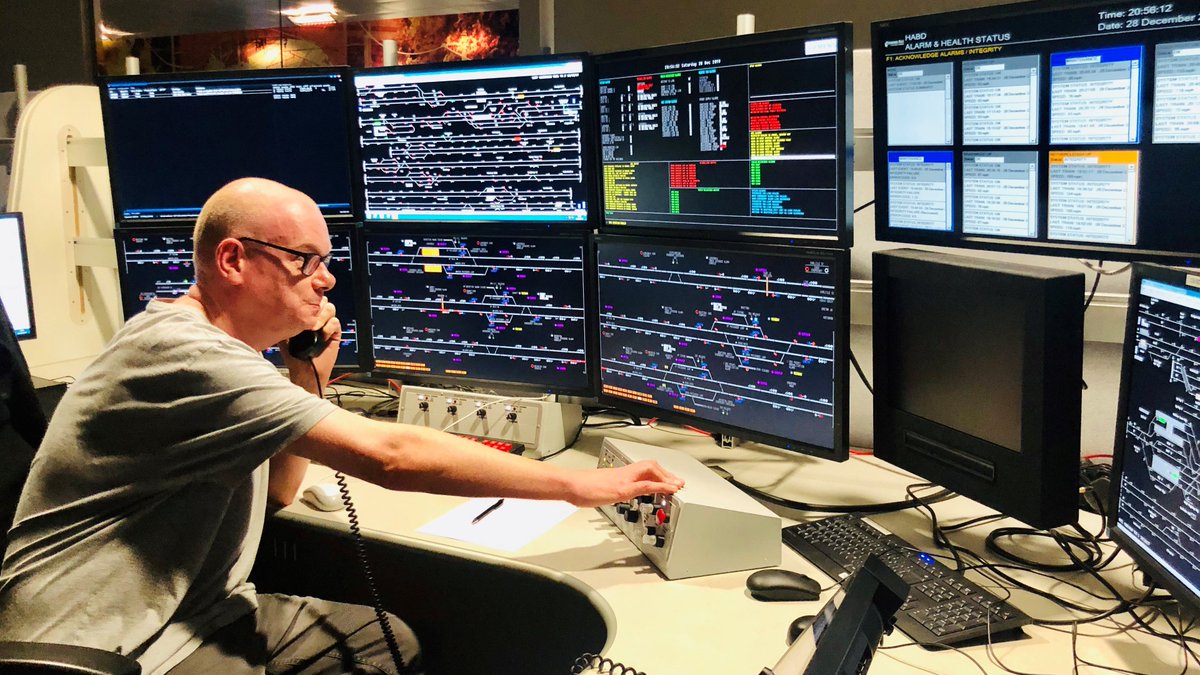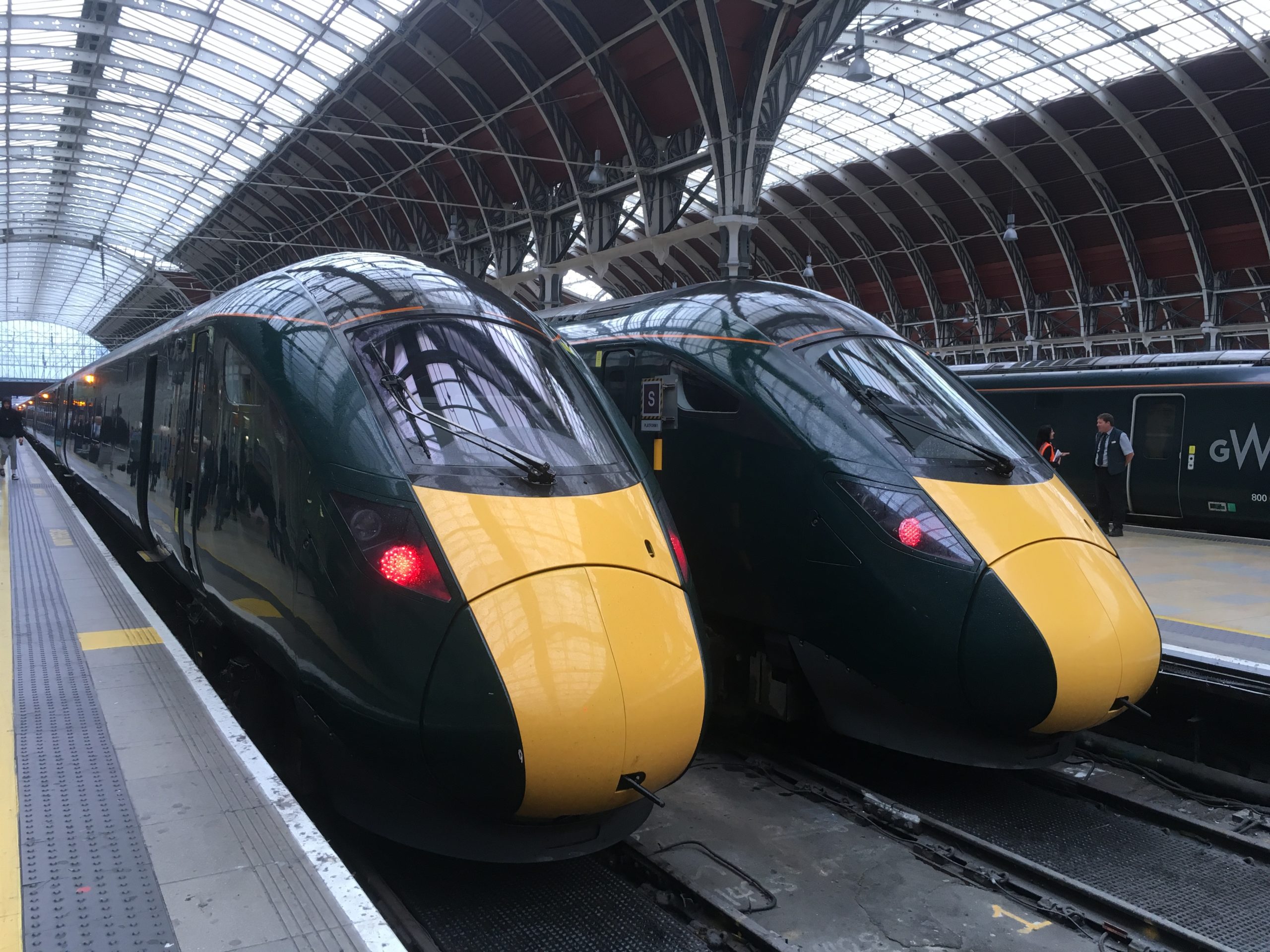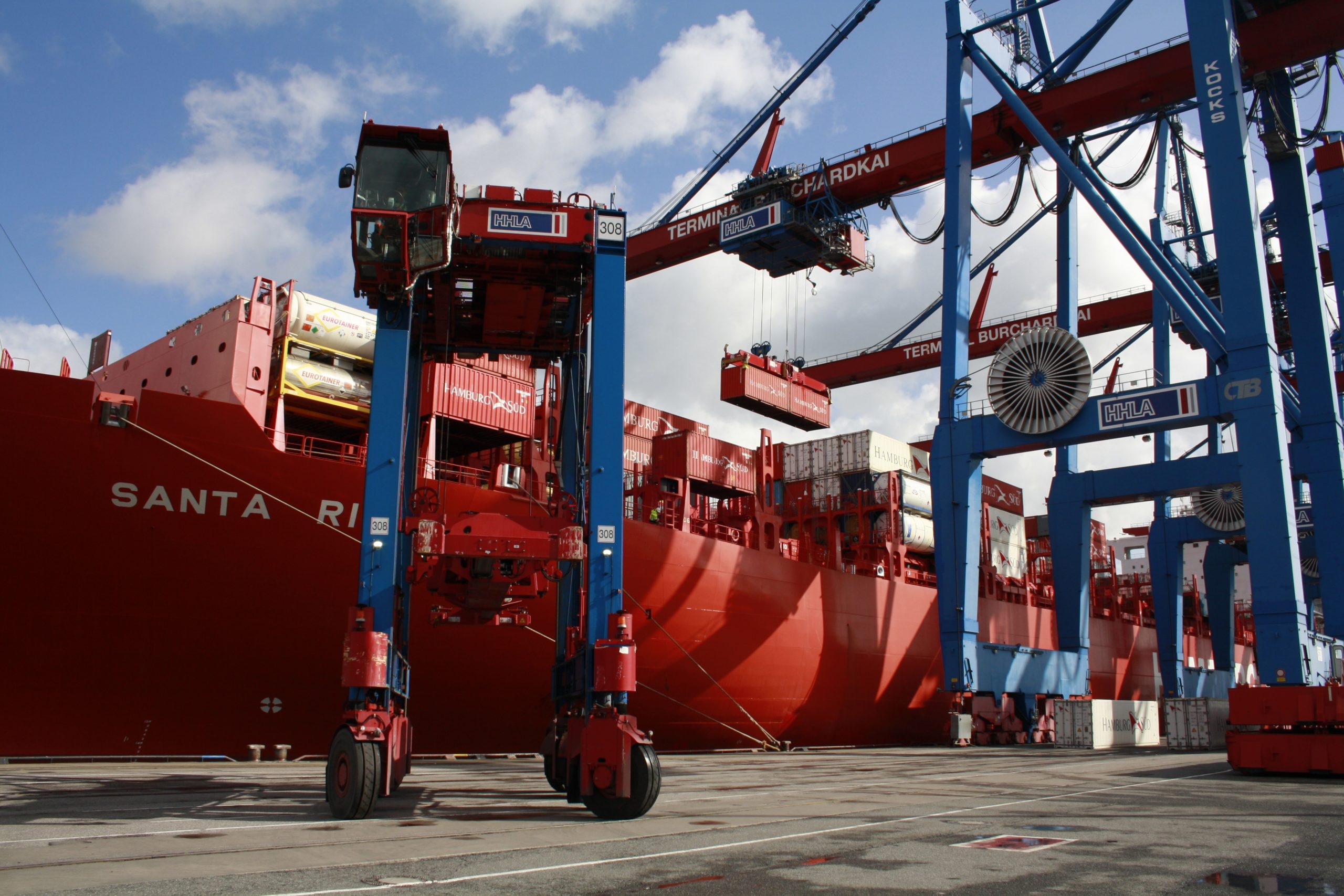ERFA – the European Rail Freight Association – and UIP – the International Union of Wagon Keepers – have published a position paper ‘COVID-19 – Creating a Fair and Balanced Temporary State Aid Framework for Rail Freight‘ calling for state aid measures to help deal with the coronavirus pandemic.
Although rail freight is exhibiting its importance during the coronavirus pandemic, with vital goods still reaching their destinations, including internationally, with low – and therefore safe – staffing levels, the situation remains challenging for operators. This is because of the significant slowdown of industrial output caused by national measures that governments have put in place to manage the progression of the pandemic.
ERFA and UIP are concerned that this could cause both short-term and longer-term damage to the rail freight sector. They say it could cause operators to go out of business and for there to be a loss of capacity if not remedial measures are taken. Consequently the two bodies say that infrastructure managers must be given state support and track access charges and energy charges for rail freight undertakings should also be waived.
ERFA and UIP are clear that they believe the national measures are “merited and supported”. Given the exceptional circumstances, however, they suggest using Article 107(2)(b) and Article 107(3)(b) of the TFEU so Member States can help the sector over the coming months.
The Articles, which cover aids granted by states, state:
- 107(2)(b): The following shall be compatible with the internal market: aid to make good the damage caused by natural disasters or exceptional circumstances
- 107(3)(b): The following may be considered to be compatible with the internal market: aid to promote the execution of an important project of common European interest or to remedy a serious disturbance in the economy of a Member State
ERFA and UIP stress that the purpose of any aid must only be to assist all operators on a short-term basis and only address difficulties that are directly or indirectly related to the slowdown of economic input and reduction of traffic. Europe’s modal shift objectives – the project of common European interest for which they cite Article 107(3)(b) – would be lastingly impacted if the rail freight sector were harmed by this crisis.
State Support for Infrastructure Managers
Infrastructure managers must receive support so that rail networks can remain fully operational, even when traffic volumes are reduced. Infrastructure managers must also be able to reduce the economic cost of rail freight undertakings. ERFA and UIP suggest the following measures:
- Track access charges and energy charges should be waived for 2020: this is the best way to help all rail freight undertakings as it will reduce their operating costs and allow them to better handle a reduction in industrial output.
- Short-term path cancellation charges should be abolished for 2020: a sudden drop in cargo means rail freight undertakings will have to cancel trains and paths for reasons out of their control. Therefore these charges should be cancelled, as they already have been in Germany and Switzerland.
- Existing capacity levels should be maintained: rail freight undertakings can only maintain a good service if critical capacity remains open even when overall traffic is down. State support measures should ensure that infrastructure managers have the resources they need to keep capacity open.
- Fees for parking locomotives and wagons should be waived: unlike trucks, which can park for free almost anywhere, parking unused rolling stock is expensive. During the coronavirus pandemic this cost should not additionally burden freight rail operators.
State Support for Rail Freight Undertakings
ERFA and UIP say that direct state aid for rail freight undertakings should only be considered if it remains compatible with the internal market and is directly related to the coronavirus pandemic. Importantly, no such measures should distort competition by favouring certain undertakings. The European Commission must make sure any aid schemes are not used for the acquisition of new rolling stock.
Also read:
- Swiss Freight Train Derails in Germany
- Network Rail Commits to Immediate Supplier Payments
- First Freight Train from Wuhan En Route to Germany
- UK DfT Signs Deals with GWR and Southeastern


















